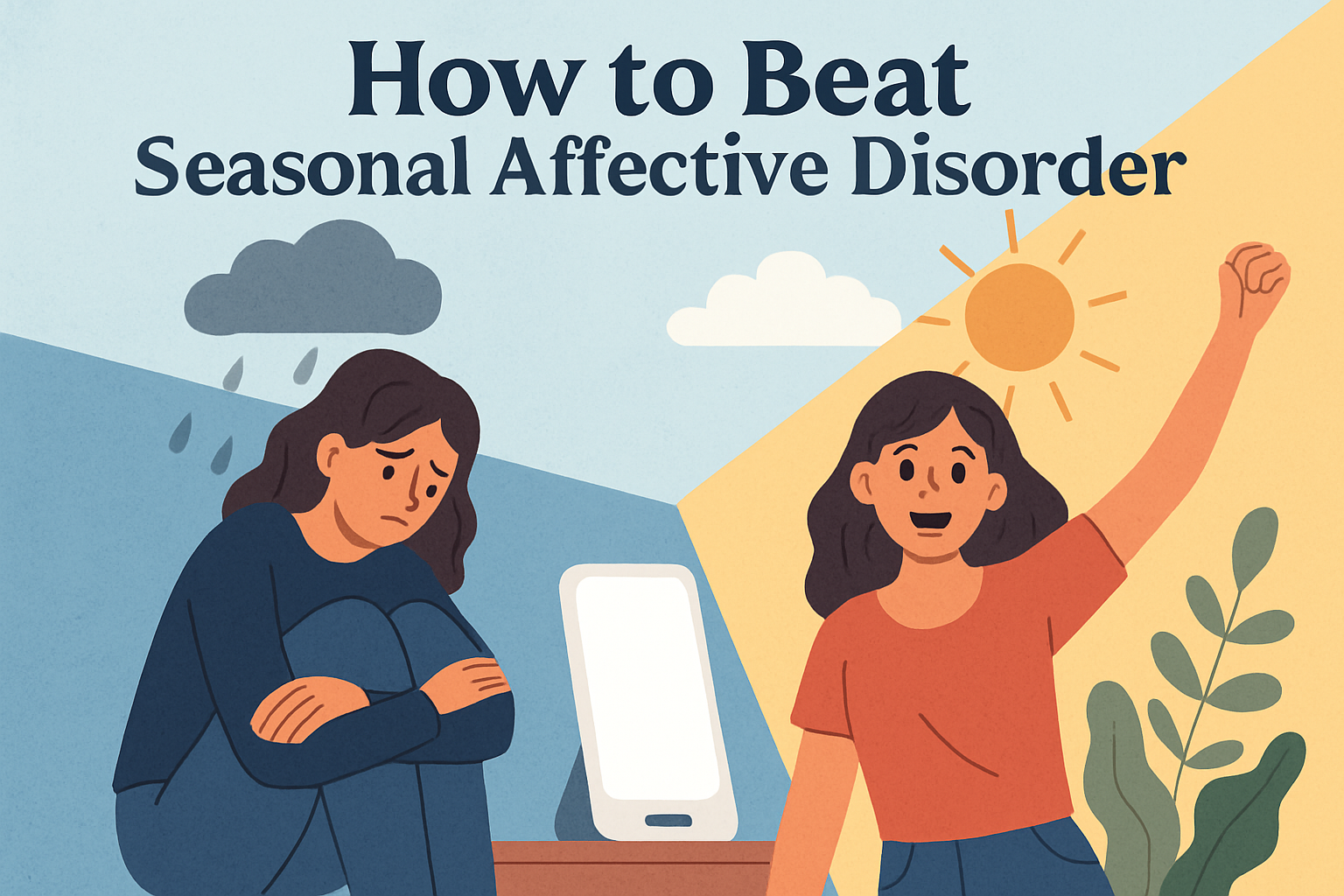Childhood Trauma: What You Need to Know about 7 Forms of Abuse and Neglect
While childhood should be a time of joy and exploration, sadly, many young people experience childhood trauma, which can have both short-term and long-lasting effects on their mental and emotional health. These effects may persist well into adulthood, impacting a person’s physical, emotional, and psychological well-being.
Childhood Trauma and Development
Traumatic experiences during childhood, such as abuse, neglect, or witnessing violence, can leave deep emotional scars and affect development of healthy coping mechanisms. For example:
- Trauma can lead to difficulties forming and maintaining relationships, struggles with emotional regulation, and a heightened risk for mental health conditions like anxiety, depression, or post-traumatic stress disorder (PTSD).
- Childhood trauma can also impact brain development, leading to cognitive deficits, impaired memory, and difficulties with decision-making and problem-solving.
- Those who have experienced childhood trauma may struggle with self-esteem, trust issues, and they may display fears of vulnerability or develop hypervigilance as a coping mechanism.
Addressing and processing childhood trauma through therapy, support, and self-care is essential in mitigating its long-term effects and fostering healing and resilience.
Read More About PTSD and Find Resources to Help You
Forms of Childhood Trauma
The most common categories of childhood trauma include 7 different forms of abuse. These include:
- Physical abuse involves the deliberate infliction of physical harm on a child by a parent, caregiver, or other authority figure. This form of trauma includes hitting, kicking, shaking, or any form of bodily harm, resulting in physical injury.
- Emotional abuse, also known as psychological abuse, involves behaviors that undermine a child’s self-worth, emotional well-being, or psychological development. This can include constant criticism, humiliation, intimidation, or manipulation by a parent or caregiver.
- Sexual abuse involves any inappropriate sexual behavior or advances towards a child by an adult or older individual. This includes unwanted touching, exposure to sexual content, sexual assault, or exploitation. Sexual abuse can have profound and long-lasting effects on a child’s psychological and emotional well-being, often leading to feelings of shame, guilt, and fear.
- Neglect occurs when a child’s basic needs for food, shelter, safety, and emotional support are consistently unmet by caregivers. This form of trauma can have severe consequences on a child’s physical and emotional development, leading to issues such as malnutrition, poor hygiene, and emotional distress. Neglected children may also struggle with attachment and trust issues.

- Children who experience serious illness or medical procedures, especially those involving invasive treatments or hospitalization, can be impacted by medical trauma. These experiences may lead to feelings of fear, helplessness, and anxiety, and may contribute to ongoing medical-related distress and aversion to seeking medical care.
Find Workbooks to Help Process Childhood Trauma
To learn more, visit: How to Spot the Signs of Unresolved Childhood Trauma.
Children and Violence
Children who are exposed to domestic violence, whether as direct witnesses or through overhearing or perceiving the aftermath, can experience significant trauma. Witnessing domestic violence can lead to anxiety, depression, behavioral issues, and post-traumatic stress disorder (PTSD) in children, impacting their overall well-being and sense of safety.
Children living in communities with high levels of violence, crime, or gang activity may also experience trauma as a result of their exposure to violence in their neighborhoods or schools. Living in a climate of fear and constant threat can have a profound impact on children’s brain development and mental health, leading to hypervigilance, anxiety, and trauma-related symptoms.
The Long-Term Impact of Childhood Trauma
All forms of childhood trauma can have a lasting impact on children’s mental, emotional, and physical well-being, and they often lead to a range of challenges that can persist into adulthood, including arrested development. It is important for caregivers, educators, and mental health professionals to recognize the signs of trauma and provide children with the support and resources they need to heal and thrive.
Early intervention, trauma-informed care, and access to mental health services can play a key role in addressing childhood trauma and fostering resilience in those who have experienced these adverse experiences. By understanding and addressing the impact of childhood trauma, we can better support children as well as adults who have experienced childhood trauma in their journey towards healing and recovery.
Do you suspect you or someone you love may have experienced childhood trauma? Learn more about how to tell in How to Uncover Wounds: 5 Question Childhood Trauma Test.
Thank you as always for reading.
If you haven’t yet subscribed, please enter your email address so you never miss a post.
Affiliate Disclosure: Some links in this post are affiliate links. As an Amazon Associate, we earn from qualifying purchases. Thank you for supporting Kindness-Compassion-and-Coaching.com at no extra cost to you.

Joan Senio is the founder of Kindness-Compassion-and-Coaching.com. Joan’s career includes clinical healthcare plus 20+ years as an executive in a nationwide health care system and 15 years as a consultant. The common threads throughout Joan’s personal and professional life are a commitment to non-profit organizations, mental health, compassionate coaching, professional development and servant leadership. She is a certified Neuroscience Coach, member of the International Organization of Life Coaches, serves as a thought-leader for KuelLife.com and is also a regular contributor to PsychReg and Sixty and Me. You can read more about Joan here: Joan Senio.
















No Responses